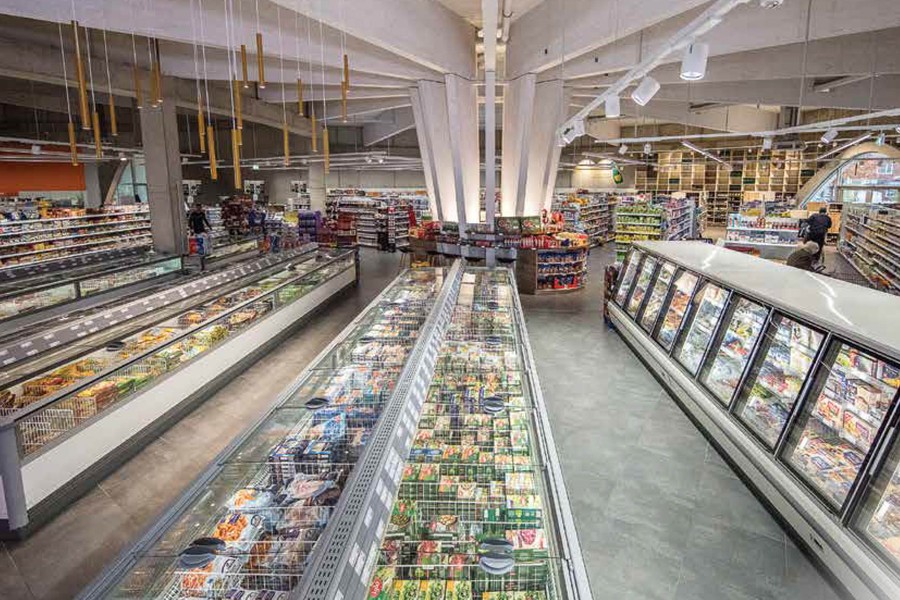Refrigeration plays a vital role in the food industry. From keeping fresh produce crisp to ensuring frozen goods stay at the right temperature, effective refrigeration systems are essential for maintaining quality and safety. Without them, food businesses would face spoilage, waste, and health risks. Understanding the best refrigeration solutions can make all the difference in running a successful food operation.
Why refrigeration is essential
In the food industry, refrigeration is not just about keeping things cold. It is a critical part of preserving the integrity of food products. Proper refrigeration slows down bacterial growth, maintains texture, and retains nutritional value. Whether it’s dairy, meat, or fruits, every type of food requires specific temperature control to ensure it remains safe and appealing to consumers.
Refrigeration also allows businesses to expand their offerings. With the right system, restaurants can store ingredients for longer periods, and grocery stores can display a wide variety of chilled and frozen goods. This flexibility boosts efficiency and profitability.
Choosing the right system
The choice of refrigeration system depends on the type of food being stored and the scale of the business. For small cafes or local grocery stores, compact refrigeration units are often sufficient. These systems are designed to fit into limited spaces while still offering reliable performance.
Larger operations, such as food warehouses or supermarkets, often require industrial-scale systems. These systems can maintain consistent temperatures across vast spaces, ensuring that everything from fresh produce to frozen meals stays at the right temperature. Businesses with specific needs, like blast chilling or rapid freezing, may require specialized units designed for these purposes.
Energy efficiency matters
Energy efficiency is an important consideration for any business in the food industry. Refrigeration systems are often running 24/7, so choosing an energy-efficient model can significantly reduce electricity costs. Modern systems often come with advanced technologies, such as variable speed compressors and smart temperature controls, to improve efficiency without compromising performance.
Investing in energy-efficient refrigeration solutions is also a step toward sustainability. Reducing energy consumption not only saves money but also helps minimize the environmental impact of your business.
Maintaining refrigeration systems
Even the best refrigeration systems require regular maintenance to perform optimally. Cleaning coils, checking for leaks, and ensuring seals are intact can prevent common problems that lead to inefficiency or breakdowns. Proper maintenance not only extends the life of the equipment but also ensures that food stays fresh and safe.
For businesses handling large quantities of food, it’s often wise to have a maintenance schedule and a professional technician on call. Quick repairs can prevent product loss and keep operations running smoothly.
Future trends in refrigeration
The food industry is always evolving, and refrigeration technology is no exception. Innovations like smart refrigerators equipped with IoT sensors are becoming more common. These systems allow for real-time monitoring and can send alerts if temperatures rise unexpectedly. This added layer of control helps businesses react quickly to potential issues.
Another trend is the use of natural refrigerants, which are more environmentally friendly than traditional options. As regulations around refrigerants tighten, businesses are increasingly adopting these greener solutions to stay compliant and reduce their carbon footprint.





